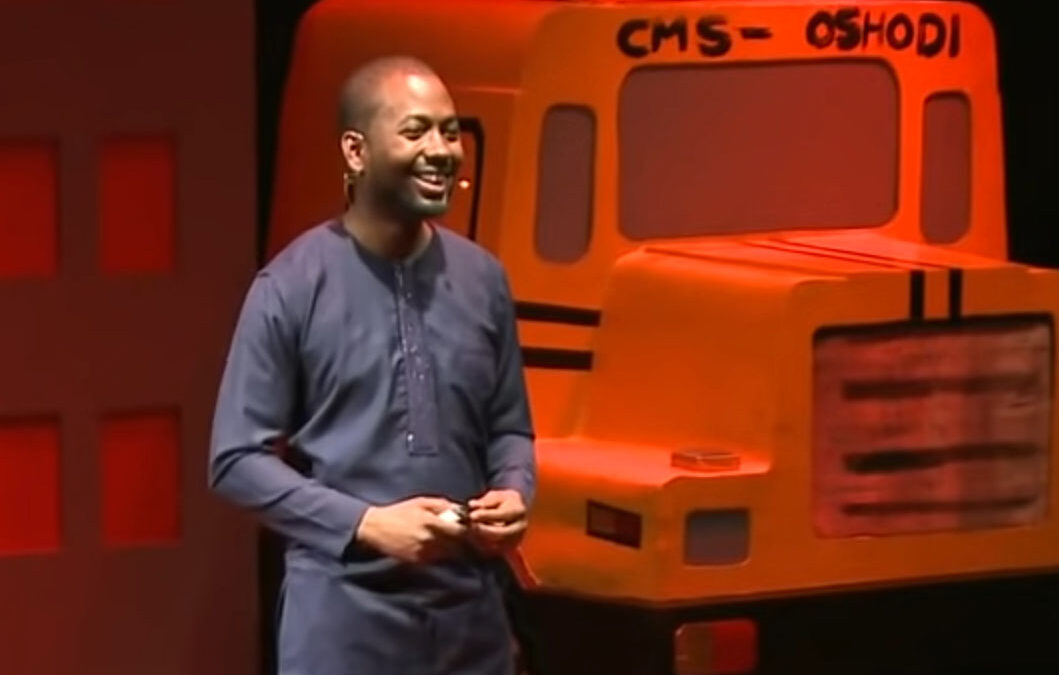Mar 13, 2025 | Mental Health Ministry, Stronger Together Support Group
Hello Stronger Together folks,
Join us on Thursday, March 13, at 7 p.m. This week’s topic is Forgiveness.
We want to forgive those who do bad things or wrong us personally, but that is easier said than done. Let’s talk about the struggle. We’ll watch this short video on the complexity and personal cost of “forgive and forget (or not).”
Warm up question: What is your favorite way to help people less fortunate than you?
Aug 7, 2024 | Mental Health Ministry, Stronger Together Support Group
Good Morning Stronger Together Friends,
This week I propose discussing the following video that discusses a possible link between childhood emotional trauma and serious addiction. I don’t always agree with conclusions drawn from the proposed videos, but hope they are thought provoking and open up interesting discussions. We will see:}
Here is the video.
Here is the warmup question: If you had to wear a button with a maximum of six words on it describing your outlook on life, what would your button say?
DeAtley Barish
Jun 5, 2024 | Mental Health Ministry, Stronger Together Support Group
Hi Stronger Together folks,
This week’s video is about a retired military veteran helping other veterans through art therapy. (Thanks, Brian, for the video!)
She talks about the difficulty of leaving military life and adjusting back to civilian life. For many veterans the expression of feelings, pain, and vulnerability has been greatly discouraged, leading to isolation and in some cases substance abuse. By encouraging non-verbal expression through hands-on making (with or without any art skills) she has helped some veterans find the adjustment more tolerable.
She also talks about creating one’s own “Mental Health Care Kit” for coping with stress, change, and loss.
Today’s warmup question: If you could add a room to your home that was for a specific, just-for-you purpose, what would you use it for and what would you put in there?
See you at 7 p.m. Thursday, June 6!
Kirsten
May 23, 2024 | Mental Health Ministry, Stronger Together Support Group
Hello everyone.
This evening, we will discuss things that we have found that seem to help our mental health, so that we might get some tips from each other. To start our conversation, we will watch a video:
https://www.cbsnews.com/amp/boston/news/knitting-third-piece-massachusetts-mental-health/
To start our meeting, we will discuss an ice breaker question: “What type of clothing represents the way you are feeling right now?”
See you all soon!
In Christ,

Nov 15, 2023 | Mental Health Ministry, Stronger Together Support Group
Hello friends,
We have many preconceptions about mental illness that we may or may not be aware of—who it affects, what it looks like, how it should be addressed—that are ingrained in us through the images we see, the voices that get (or don’t get) elevated, and the many other ways in which mental health is represented in our society. These preconceptions can make it a lot harder for some people to get the help they need when facing mental health challenges because they invite stigma, intentionally or otherwise.
This can be especially true for people in cultures where mental illness is not yet widely regarded as a treatable illness, for men who have been trained to suppress emotions to avoid projecting weakness, and for people of faith who have been taught that seeking help “apart” from God is a betrayal of religious conviction. In today’s conversation we’re going to hear from one person for whom this was the reality of seeking help for mental illness. Some questions to consider as you watch this 9-minute video:
- Do we have an assumption about what “being mentally ill” looks like? How has that changed over time?
- What role does culture play in determining who does or doesn’t get help for mental illness?
- Do we have a problem with mental illness education and awareness being overly represented by people from some cultures or backgrounds?
- What preconceptions do we have about mental health that intentionally or unintentionally create stigma?
Our warm-up question for this week is more of an activity than a question:
Choose one person in the discussion and tell us something you appreciate about that person. The more specific you can be, the better!
See you soon,
Alex
